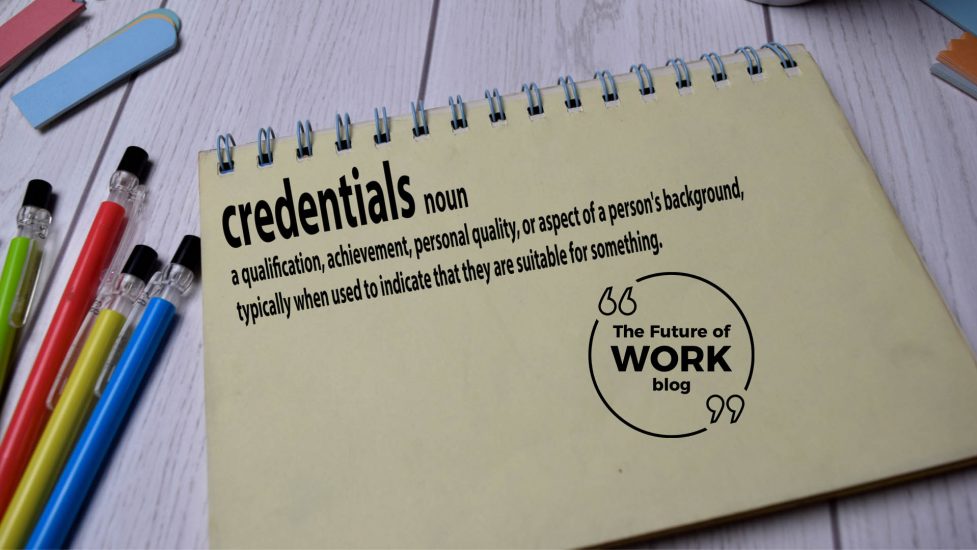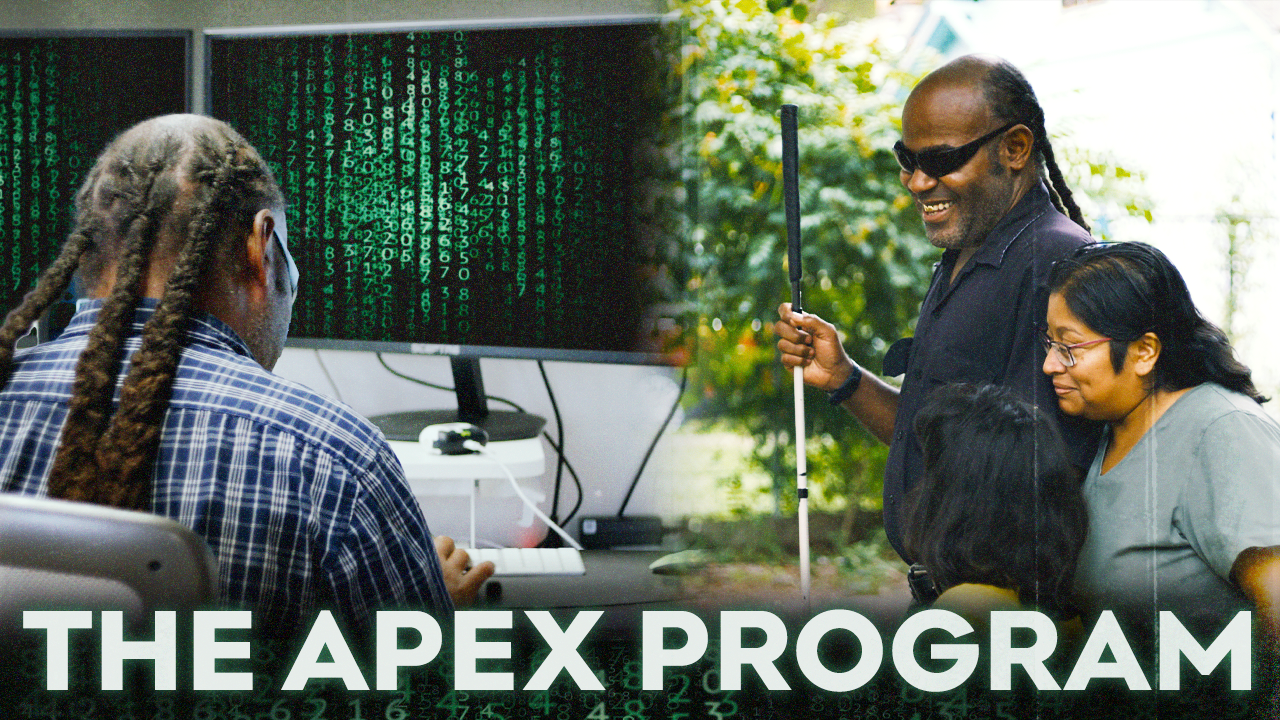Millions of job seekers and students may be rethinking the skills they will need—now and in the future—in order to be a part of the workforce so heavily impacted by COVID-19. In this Future of Work blog, we’re always looking for ways to help find that pathway to a good job and career.
Did you know that there are more than 738,000 unique credentials including diplomas, certificates, certifications, licenses, and degrees of all types and levels in the U.S. to demonstrate the skills you have to offer an employer?
With such a vast number of credential options available, how is the public expected to determine the best fits?
Today, six state policy organizations teamed with Credential Engine to form the State Policy Partnership with the goal of boosting credential transparency. The partnership will focus on efforts at the state level in policy development, resource building, and alignment.
Scott Cheney is executive director of Credential Engine. He says, “State policymakers are searching for ways to help students and workers find the most efficient and cost-effective pathways to secure the right skills and credentials that lead to good jobs.”
The participating organizations include the National Governors Association (NGA), Council of Chief State School Officers (CCSSO), Data Quality Campaign (DQC), Education Commission of the States (ECS), National Conference of State Legislatures (NCSL), and the State Higher Education Executive Officers Association (SHEEO).
A joint release to the media states, “The Partnership will work to support state efforts to better identify credentials of value, develop and disseminate models and lessons from leading states to serve as roadmaps, convene peer networks for governors, state boards, legislators, and agency heads to facilitate learning and shared efforts.”
“Governors are committed to building stronger pathways to economic opportunity for all of their residents,” says Amanda Winters, program director in the Economic Opportunity division of the NGA Center for Best Practices.
“This State Policy Partnership is a vital, common-sense approach that will provide state leaders with the tools they need to demystify the world of professional credentials. Through this partnership, we’re glad to support governors’ ongoing efforts to build a marketplace for credentials that empowers learners and improves outcomes for businesses.”
SHEEO President Rob Anderson says, “The work has implications for students and states, as education remains one of the most certain paths to a better life for states and their citizens—individuals, families, and entire communities.” He adds, “It’s an investment in states’ human capital.”











